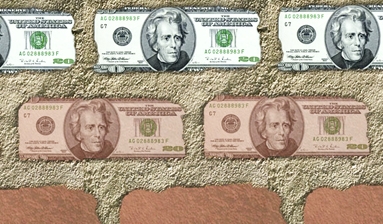Feb 20, 2009
The Obama administration must tackle a problem that has bedeviled the emerging markets for years.
Wall Street harshly judged U.S. Treasury Secretary Timothy Geithner's proposals for saving the nation's banks. His televised remarks in mid-February were supposed to reassure watchers by outlining the Obama administration's plan for fixing the financial markets, but the market plunged as he spoke. Yet Wall Street was wrong. The lack of details in Geithner's presentation doesn't really matter right now. More important is the fact that the administration has finally focused the U.S. on the primary cause of the current economic crisis: the trillions of dollars of "toxic paper" on the balance sheets of financial institutions. This poisonous paper is scaring off potential creditors and investors who lack the legal means to understand what this paper signifies, how much there is, who has it and who might be a bad risk. Finally, policymakers in the White House seem to be coming to grips with the real enemy: the debasement of the legal financial documents that represent value, allow it to be transferred and signal risk.





